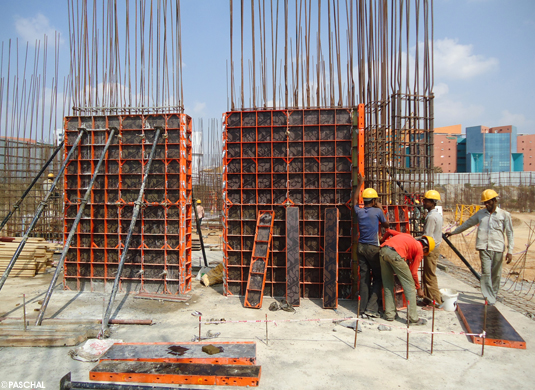Dubai’s real estate market is known for its diverse range of properties, from luxurious high-rise apartments to spacious villas. Whether you’re looking to buy property in Dubai as an investment or a place to call home, financing your purchase is a crucial step.
This guide will walk you through the various financing options available, helping you make an informed decision that suits your financial situation and goals.
Understanding the Dubai Real Estate Market
Before diving into financing options, it’s important to understand the unique aspects of the Dubai real estate market. Dubai offers both freehold and leasehold properties, with freehold properties allowing full ownership by expatriates in designated areas. The market is highly regulated by the Dubai Land Department (DLD), ensuring transparency and protecting investors.
1. Personal Savings
One of the simplest ways to finance a property purchase in Dubai is through personal savings. This method allows you to avoid debt and interest payments, providing full ownership of the property without financial obligations. However, given the high property prices in Dubai, this option may not be feasible for everyone.
2. Mortgage Financing
Mortgage financing is a popular option for expatriates and residents looking to buy property in Dubai. Several banks and financial institutions offer mortgage products with varying terms and interest rates. Here’s what you need to know:
-
Eligibility: To qualify for a mortgage, you typically need to be employed or have a stable source of income. The criteria may vary between banks, but generally, lenders require proof of income and employment.
-
Down Payment: The UAE Central Bank mandates a minimum down payment of 20% for expatriates and 15% for UAE nationals for properties valued under AED 5 million. For properties above this value, the down payment increases to 30% for expatriates and 25% for nationals.
-
Interest Rates: Mortgage interest rates in Dubai can be fixed or variable. Fixed rates provide stability, while variable rates fluctuate based on market conditions. It’s crucial to compare different mortgage products to find the best rate and terms.
-
Repayment Terms: Mortgages in Dubai typically have a repayment period ranging from 15 to 25 years. Early repayment is possible but may incur penalties, depending on the lender’s policies.
3. Islamic Financing
For those seeking Sharia-compliant financing options, Islamic banks in Dubai offer products like Murabaha and Ijara. These financing methods do not involve interest but instead operate on a profit-sharing basis. Here’s a brief overview:
-
Murabaha: The bank purchases the property on behalf of the buyer and sells it to them at a higher price, which is paid in installments. The profit margin is agreed upon at the outset.
-
Ijara: The bank buys the property and leases it to the buyer. The buyer makes lease payments and can eventually purchase the property at the end of the lease term.
Islamic financing can be a suitable option for buyers who prefer not to deal with conventional interest-based loans.
4. Developer Financing
Some property developers in Dubai offer direct financing options to buyers. This can be an attractive option as it often includes flexible payment plans and lower down payments. However, interest rates may be higher compared to traditional bank mortgages. It’s essential to thoroughly review the terms and conditions before committing to developer financing.
5. Off-Plan Properties
Purchasing off-plan properties—properties that are still under construction—can offer financial advantages. Developers often offer payment plans that allow buyers to pay in installments during the construction period, reducing the upfront financial burden.
However, buying off-plan carries some risks, such as construction delays or changes in market conditions. It’s crucial to work with reputable developers and understand the terms of the contract.
6. Using a Financial Advisor
Navigating the various financing options can be complex, especially for first-time buyers. Engaging a financial advisor with expertise in the Dubai real estate market can provide valuable insights and help you choose the best financing strategy. Advisors can assist with budgeting, mortgage comparison, and understanding the long-term financial implications of your purchase.
7. Consideration for Expats
Expatriates looking to buy property in Dubai should be aware of additional considerations, such as currency exchange rates and potential changes in employment status. Ensuring that you have a stable financial situation and understanding the local market regulations are key to a successful property purchase.
Conclusion
Financing a property purchase in Dubai requires careful planning and consideration of various options. Whether you choose personal savings, mortgage financing, Islamic financing, or developer financing, it’s crucial to understand the terms and conditions, assess your financial capability, and seek professional advice if needed.
The vibrant and dynamic real estate market in Dubai offers a wealth of opportunities, and with the right approach, you can make a sound investment that meets your needs.















